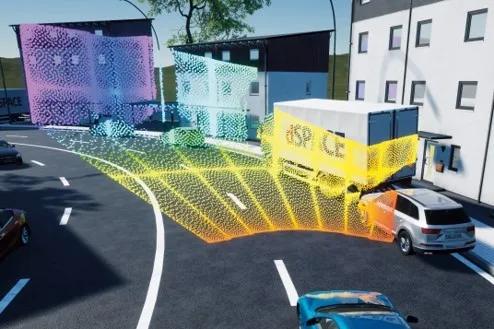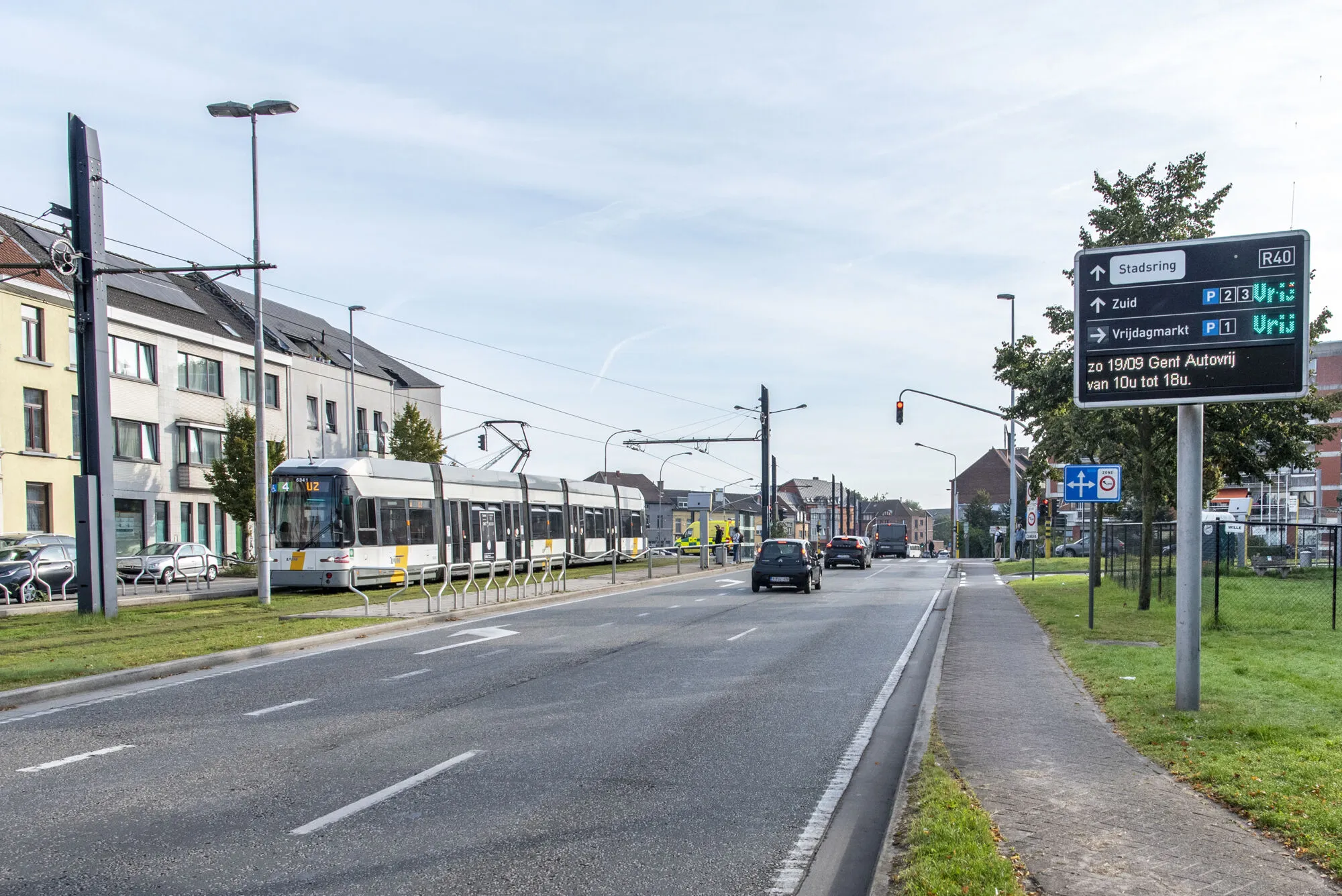
Simulation solutions company Dspace is working with Cepton to enable easier adoption of lidar technology in advanced driver assistance systems and autonomous vehicles (AV).
Dspace has been delivering simulation solutions for Cepton's wide field of view Lidar sensor Nova shortly after its launch in January.
The company says it enables customers to simulate the Nova scan pattern and replicate the communication protocol to inject the synthetic point cloud directly into a device under test.
According to Dspace, Nova's combination of a wide horizontal and vertical field of view in a compact form factor realises achievements in object and obstacle detection, free space estimation and collision-free autonomous navigation for vehicles.
Initially, the partners used the Cepton Vista-P60, highlighting the dense field of view coverage of Cepton MMT lidars.
The Dspace simulation environment provides an accurate sensor model and environment simulation so that engineers can test and validate their perception stack, the company adds.
Engineers can use the Dspace simulation tool chain to explore different sensor models and configurations as well as in-vehicle placement options.
Dspace insists the simulation platform will also allow engineers to assess the expected sensor performance in difficult and complex surroundings involving vehicles, other road users, pavements, traffic signs and static obstacles.
Caius Seiger, product manager for sensor simulation at Dspace, says: “With this collaboration, we ensure that early validation brings vehicles with Cepton’s high-performance lidars to the road quickly."










